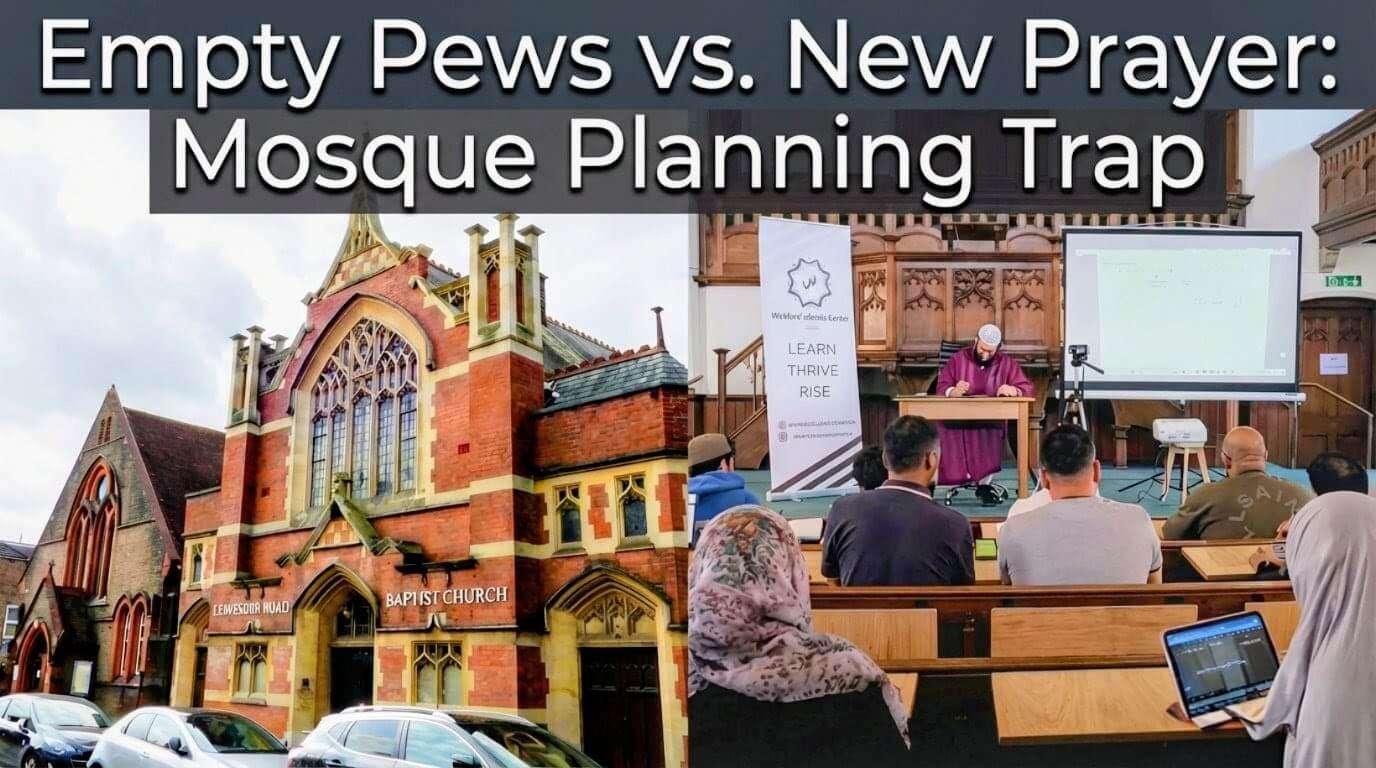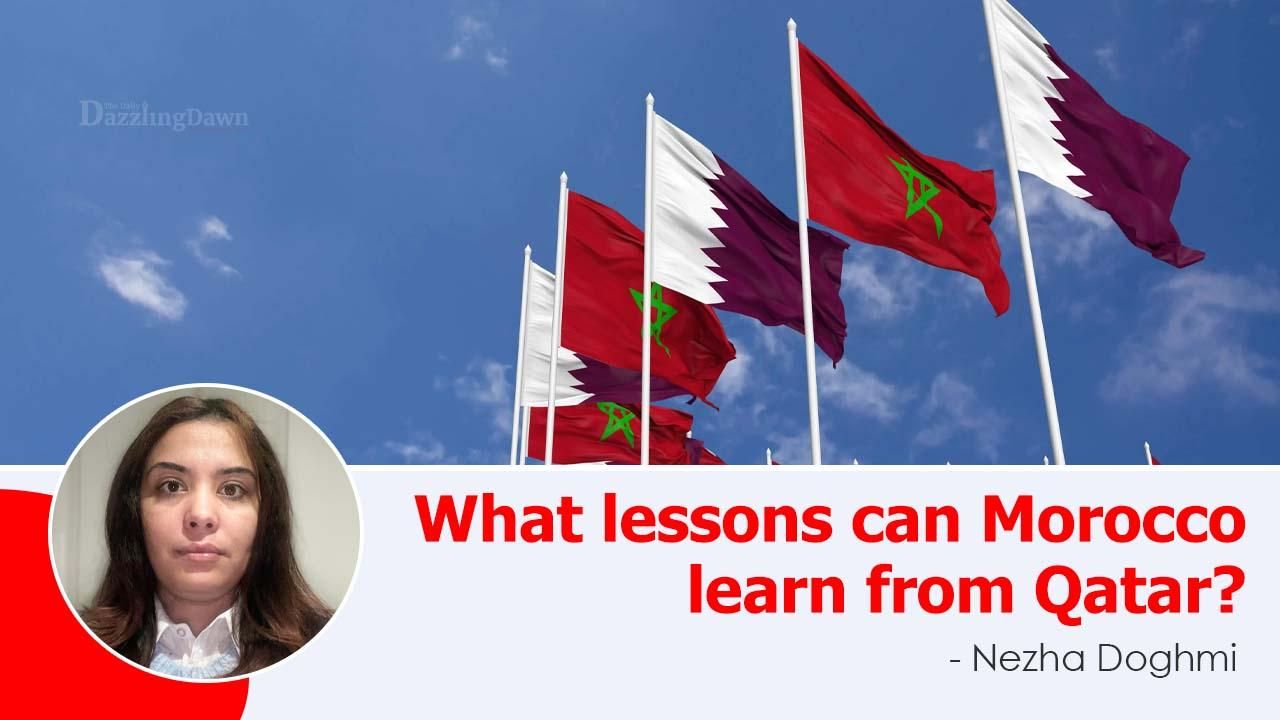Qatar has taken the world by storm, transforming from a small Gulf state into a significant player on both regional and international stages. Breaking free from its traditional perceptions, it emerged as a key political mediator during tumultuous times, particularly during the Arab Spring revolutions. However, this rise wasn’t without its share of struggles and conflicts, especially in its relations with neighboring Gulf countries.
The Arab Spring offered Qatar a golden opportunity to extend its political and economic influence. Positioned at the forefront, Doha actively supported political movements linked to the Muslim Brotherhood in Egypt, Tunisia, and Libya. With the powerful media backing of Al Jazeera, Qatar played a crucial role in shaping public opinion and advocating for democratic change. But this bold stance didn't sit well with other Gulf States, especially Saudi Arabia and the UAE, which perceived it as a threat to their internal stability.
Though Qatar’s ambitions appeared promising initially, they faced significant setbacks with the downturn of the Muslim Brotherhood in Egypt in 2013 and its gradual decline in Tunisia by 2021. Morocco too experienced a similar narrative when the Islamist Justice and Development Party struggled to meet the aspirations of its people, marking yet another blow to Qatari ambitions in the region.
In retaliation, Saudi Arabia, the UAE, and other Gulf nations imposed financial and political pressures on Qatar, leading to a severe diplomatic crisis in 2017. Yet, Qatar held firm, relying on its strong economy, buoyed by the world's third-largest natural gas reserves, and fostering relationships with global powers like China, Britain, and the EU.
Under Emir Tamim bin Hamad Al Thani’s leadership, Qatar started to rethink its foreign policy, shifting its focus from being a controversial player to a diplomatic mediator advocating for peace and stability. The nation cleverly utilized its hosting of the 2022 World Cup to enhance its global image.
Through its economic strength and diplomatic negotiations, Qatar has evolved into a critical decision-maker in the region. By leveraging its ties with the United States and the European Union, Qatar has expanded its influence, intervening in the affairs of North African and Middle Eastern nations, backing Islamist factions in Libya, and playing a pivotal role in the ousting of the Gaddafi regime.
Turkey also played a vital role in the Syrian crisis, openly supporting rebel groups linked to the Muslim Brotherhood. Throughout the tumultuous geopolitical landscape of the Middle East, Qatar has remained a significant yet complex actor, influencing key conflicts without directly engaging in major military confrontations like some of its neighbors.
Employing its financial resources, media impact, and diplomatic mediation, Qatar has artfully navigated various conflicts across the region. It has supported countless rebel groups and political movements, particularly during the Arab Spring uprisings, positioning itself as a formidable force in shaping the Middle East's future.
In Libya, following the NATO-backed intervention in 2011, Qatar emerged as a prominent supporter of the rebels that overthrew Muammar Gaddafi. By supplying arms and training, and even deploying Special Forces, Qatar played a crucial role in shaping Libya's post-Gaddafi political landscape.
In Syria, Qatar became a leading advocate for opposition forces fighting against Bashar al-Assad's regime, providing crucial funding and military support to various groups, including Islamist factions. This involvement further complicated the already intricate dynamics of the Syrian civil war, aligning Qatar with larger regional rivalries involving Saudi Arabia, Iran, and Turkey, each vying for influence in the ongoing conflict.
In Egypt, Qatar found itself as a staunch ally of the Muslim Brotherhood, especially after Mohamed Morsi’s ascent to the presidency in 2012. This partnership formed part of Qatar’s grand vision to promote political Islam across the Arab world. However, the ousting of Morsi in 2013 marked a significant turning point, reshaping Qatar's approach and prompting a reassessment of its regional strategy.
In summary, as Morocco looks to navigate its path, there are invaluable lessons to glean from Qatar’s experiences—ranging from the importance of strategic alliances to the significance of a flexible foreign policy in achieving national aspirations.
---
The author is a journalism student at Leeds Beckett University, England.








.svg)


